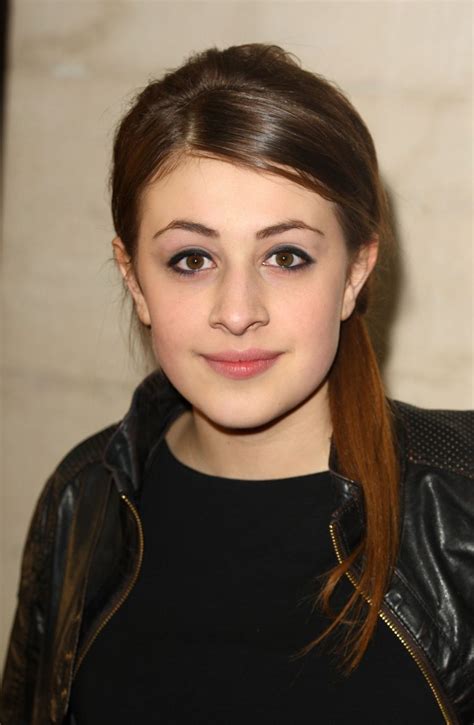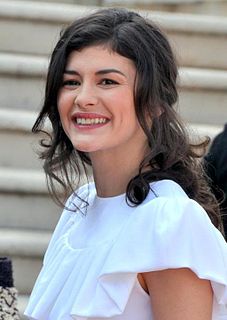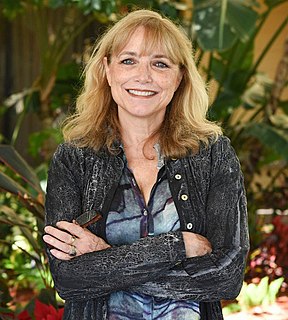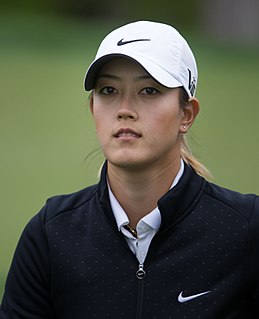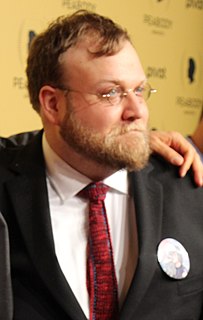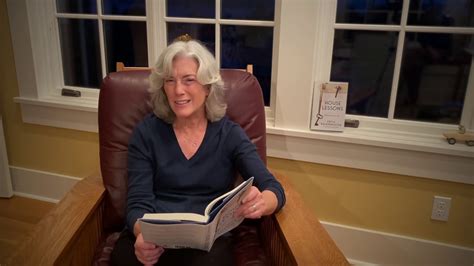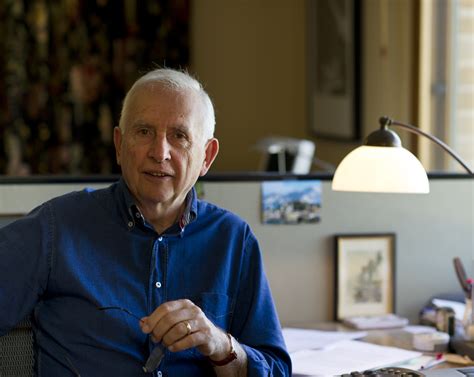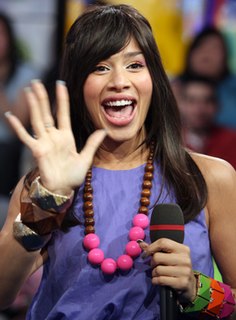A Quote by Mary Ellen Mark
If I'm in an unusual or extreme social environment, I always want to know what it's like to grow up there and experience it as normal, everyday life. And I want to know what sort of adults these children are going to turn into.
Related Quotes
If you want your children to relate to the culture you live in, if you want to train them outside of the general system, you have to tell your children that ordinary children tend to say things like 'I can run faster than you; I can draw better than you; I know things you don't know'. You have to tell them what normal children are like. Normal children are messed up and you have to tell them about that. But if you instruct your child in high correlation with the physical world, they won't be able to relate with normal children. Normal means mixed up as I use the word.
I think you grow up on every shoot you do. You do grow up because you're away from home, you're not with all of your friends constantly and in that environment you have to be grown up. You're working with adults and you're sort of expected to be older and that's how I like to put myself across. I don't want to come across as constantly messing about.
You know, I don't really understand a suburban environment. I want to be out in the woods, I want to be where it's wild, I want to wake up and hear birds, I want to walk outside and see a gaggle of turkeys bouncing across my lawn - I want to be someplace like that - or I want to be right in the middle of an urban environment.
Whenever they tell me children want this sort of book and children need this sort of writing, I am going to smile politely and shut my earlids. I am a writer, not a caterer. There are plenty of caterers. But what children most want and need is what we and they don't know they want and don't think they need, and only writers can offer it to them.
Well I would say that, you know, I agree in part with that it [The Starter Wife] is fantasy and it is a romp in that, you know, the comedy stems from shining a light on the sort of more extreme aspects of the Hollywood culture. So, you know, anytime you turn up the gas, so to speak, on the stove and make things more extreme it becomes funny. But I do think that, you know, the other half of the show is absolutely relatable and that's been an important goal of ours.
In cinema people are always walking into something and saying this is who I am, what I want, and how I'm going to get it and we don't in life - particularly not in public situations. People might know your first name, not your last name, they don't know what you do, and you're not going to offer it up. So if you start there and you realize this is a much more normal presentation in a film then you would ordinarily have; you know that there is a big life behind what everyone presents and that I think is super interesting.
I'm naturally shy, so the social media thing is new to me. I haven't really figured out how my voice sounds on social media, you know? I don't want to tweet everyday just for the sake of tweeting. I want to make sure whatever I do there is honest. Social media can very quickly get fake, and I don't want to be that guy.
I'm always loath to make generalizations about what is for children and what isn't. Certainly children's literature as a genre has some restrictions, so certain things will never pop up in a Snicket book. But I didn't know anything about writing for children when I started - this is the theme of naïveté creeping up on us once more - and I sort of still don't, and I'm happy that adults are reading them as well as children.


